The Epitome of Super-Stupidity: The Story of a New York Drug Lord named Mr. Untouchable
Categories: History | North America | Society
By Pictolic https://pictolic.com/article/the-epitome-of-super-stupidity-the-story-of-a-new-york-drug-lord-named-mr-untouchable.htmlIn the 1970s, times in New York were turbulent, if not alarming. What was happening can be confidently called heroin wars: drug dealers and gangsters were running the street, and in certain years the number of heroin users of the black male population of the United States reached 20%. Such figures are already an epidemic. And not the least role in this was played by Nicky Barnes, nicknamed Mr. Untouchable.
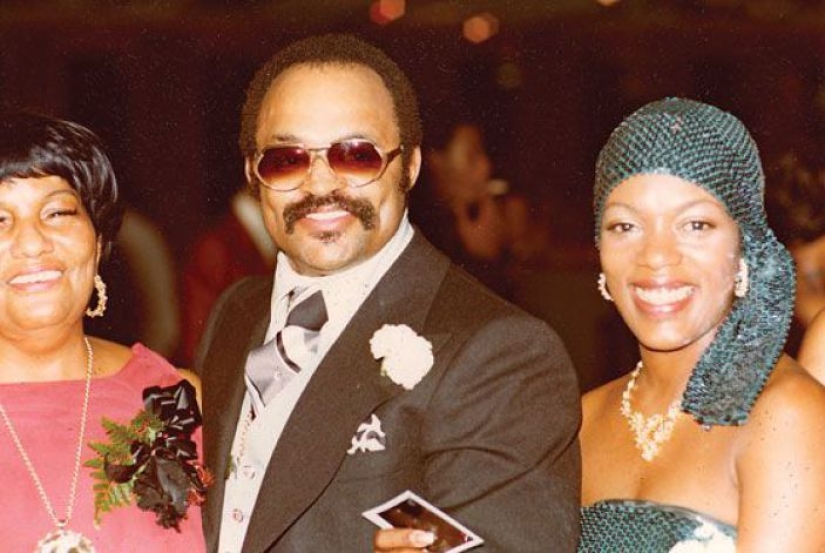
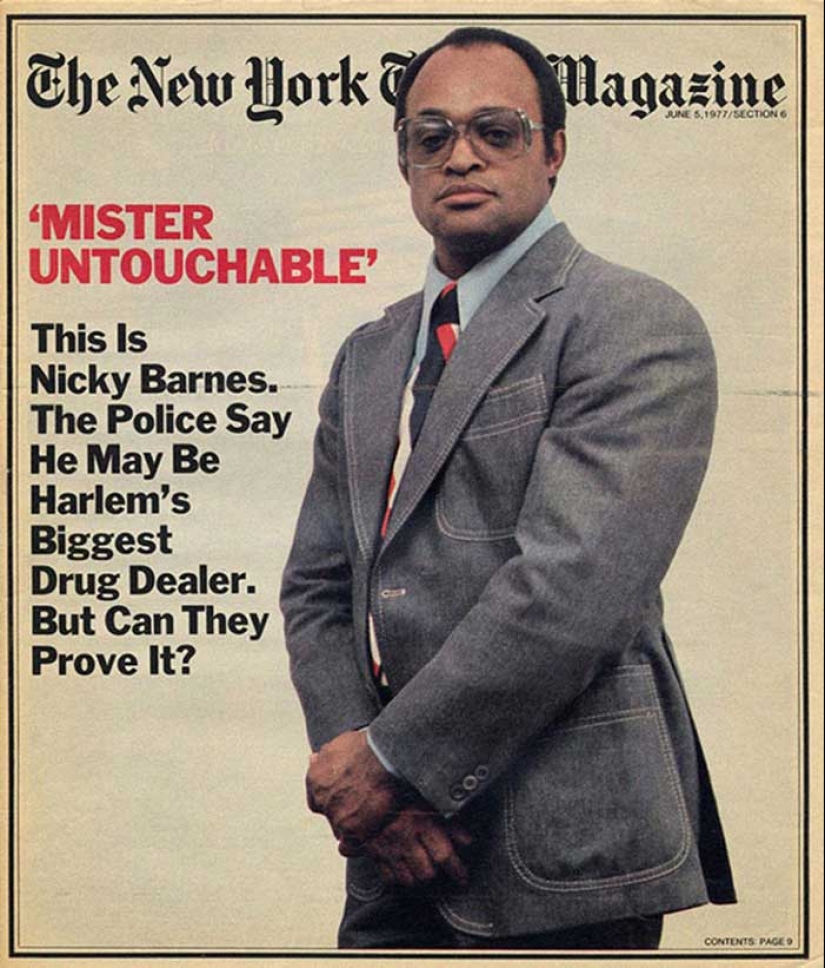
The photo shows the cover of the Sunday supplement to the New York Times newspaper dated June 5, 1977 with the article "Mr. Untouchable", which told about the largest drug lord of Harlem, Leroy Barnes, nicknamed Nicky. Barnes himself agreed to shoot for the newspaper in order to avoid publishing a photo taken during the arrest, which he did not like very much. He really wanted to look like a respectable and well-off person, and not a former junkie and a small street dealer, as he was once captured by the lens of a photographer from a police station.
The caption read: "This is Leroy Barnes. Police say he may be Harlem's biggest drug dealer. But can they prove it?" Agree that you need to be very confident in your own impunity by a person to pose for an article with such a title and content. Especially if you are at the same time one of the largest drug dealers not only in Harlem, but also in the whole of New York.
The life of Leroy Barnes is a ready—made plot for a crime series that has yet to be filmed. Here is the story of a man who rose from the bottom, and big money, and love, and betrayal, and even a happy ending, if you can call it that.
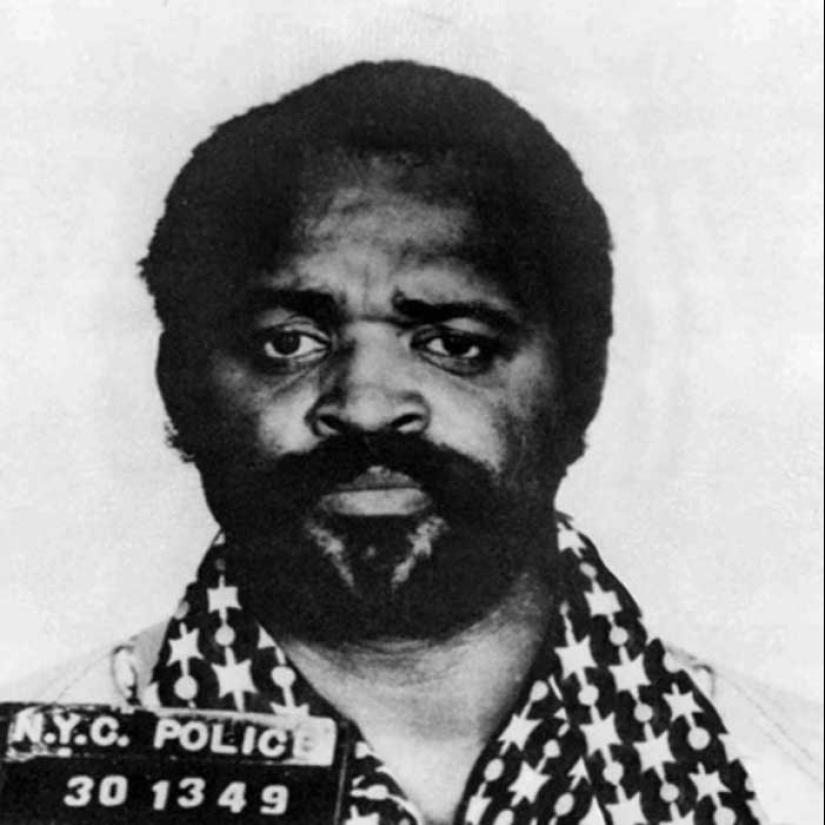
Leroy Nicholas "Nicky" Barnes was born in Harlem in 1933. Being a diligent student at school, Barnes was forced to run away from home due to problems with his alcoholic father. To make a living, Barnes started dealing drugs and quickly began using himself.
He got his first term for opening parked cars, hoping to get a radio or something valuable out of them. He spent the proceeds from the sale of stolen money on the next dose. After serving three years, he managed to get rid of addiction, but after leaving prison he returned to his usual occupation. This quite naturally led to the next stage in his career — a second prison term in a maximum-security prison in New York State with the romantic name Green Haven ("Green Paradise"). This term changed his life. During his time in prison, he became friends with Matthew Madonna, who was involved in the supply and sale of heroin for the Lucchese family and also went to jail.
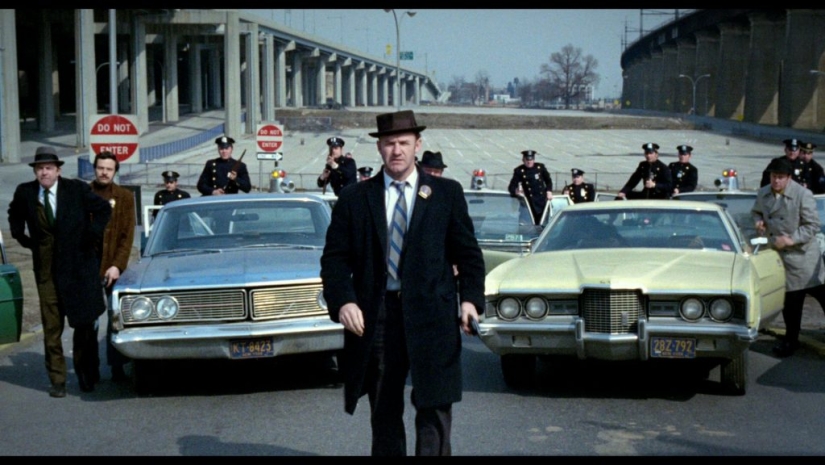
Madonna was not some kind of small dealer, but one of the active members of an international drug trafficking network and ran large shipments of heroin to New York. Poppy was grown on plantations in Turkey, processed in Marseille, and then the finished goods were shipped by sea to the USA. This drug chain was called the French connection. You know her from the film of the same name "The French Messenger", for the main role in which Gene Hackman received his first Oscar.
After his release, Madonna became a supplier of high-quality French heroin for Barnes, who quickly gained popularity in the Harlem market. The product was so good that there were real queues behind it. The scheme of working with Italians was simple. Madonna left a car with a trunk full of heroin in one of the Manhattan parking lots, and a few days later picked it up with a trunk full of money. 100 kg of heroin cost Barnes $2.5 million. Moreover, the mafia gave them to him on credit for a month. Then the goods were taken to a special place, where they were packaged for 141,000 servings. This was done by girls who worked completely naked. This was done to avoid theft. The portion was equal to the so-called "New York quarter" (something like a very large tablespoon in volume). Every quarter was sold for $70. The total revenue was $9.8 million. Small street vendors broke up the goods into smaller doses, razbodyazhivali and earned more. But everyone knew that Barnes had the best and purest product, and they went to him.
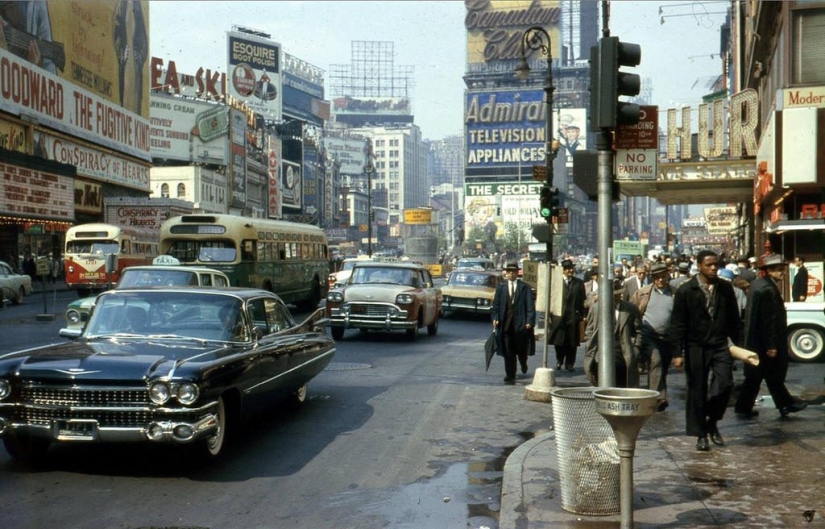
The NYPD at that time was so corrupt that it practically did not interfere with drug dealers to conduct their business. The Anti-Drug Department (also mired in bribes) hardly touched street vendors and their customers, since they had neither the strength nor the means to people from the streets and they tried to hunt for big fish.
Everything was so bad in the law enforcement system that heroin and cocaine worth $73 million confiscated in 1962 in the case of the "French Liaison" were stolen from the police evidence warehouse and hit the streets again. In 1972, when the police department decided to make an inventory of the seized drugs, it turned out that the suitcases were not heroin with cocaine, but ordinary flour and starch. By whom they were stolen and when, they could not find out. A suspected burglary detective shot himself in the heart while sitting in a patrol car. There was a note in the trunk accusing some unnamed people of driving him to suicide.
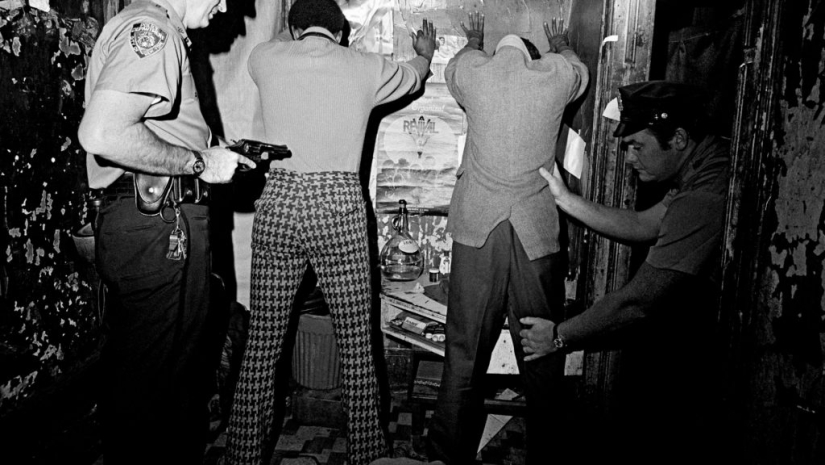
The increased volumes led to large revenues, but also turned into increased problems. In 1965, Barnes was arrested with goods worth more than half a million dollars lying in the trunk of his car. He received another prison sentence in the "Green Paradise", where this time he went for 15 years. During this time, he converted to Islam and began studying law. But the most important thing that happened to him there was his acquaintance with the famous gangster Joe Gallo from the Gambino criminal clan.
Gallo, who foresaw the redistribution of spheres of influence in Harlem due to the growing strength of black gangs, wanted to increase his share in the heroin market, but had no connections in this predominantly African-American area. In Barnes, he saw the right person for him and actually became his mentor, teaching him all the tricks of organizing a heroin distribution network and the basics of creating a criminal gang. Nicky Barnes turned out to be a talented student, and it went beyond intimate conversations in the prison courtyard.
After being released, Gallo brought his lawyer to the case of Barnes, who quickly found numerous procedural violations. As a result, the case was reviewed, and soon Barnes left the walls of the prison and returned to New York.
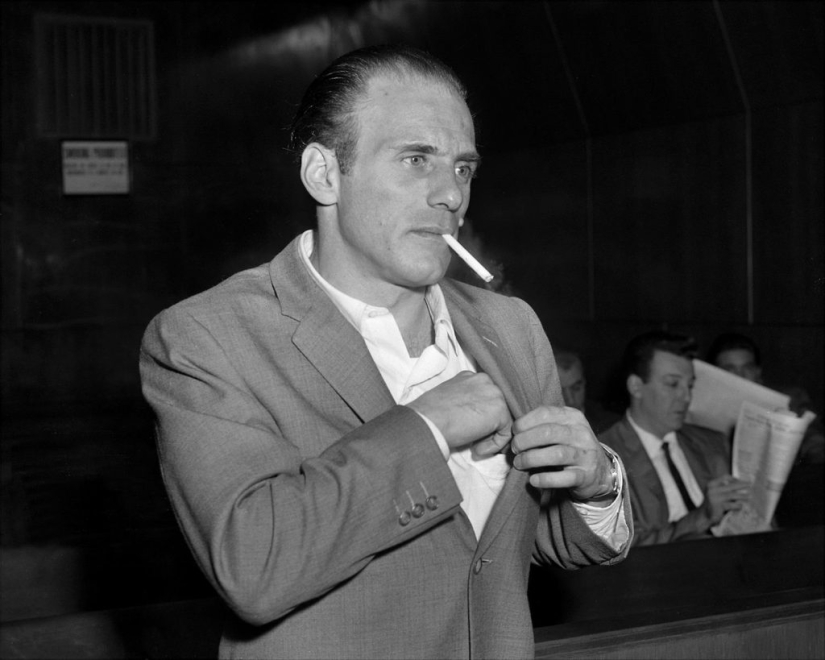
After his release, Barnes decided to use the acquired knowledge and began to build a business following the example of Italian criminal families. Lucky Luciano's ideas fell on fertile ground, and soon a criminal organization called the "Council" appeared in Harlem. The "Council" solved all issues related to procurement and trade, as well as handled complex and conflict situations. From now on, these were not disparate gangs fighting for the redistribution of the market, but a powerful organization with its own laws and rules, built on a corporate principle.
The leadership of the "Council" consisted of seven people: Barnes himself, Joseph Hayden, Wallace Rice, Thomas Foreman, Ishmael Mohammed, Frank James and Guy Fisher. The total annual income of the members of the "Council" was more than $ 70 million. Half of them, like Brans, were former drug addicts and rose from the bottom. Thanks to this experience, they perfectly understood what consumers needed. And we needed a quality product. A lot of high-quality goods. And they could give it, making a good profit on the sale. In Harlem, they became something like superstars. They were young, successful, influential and very rich. Everyone wanted to be familiar with them, everyone wanted to be like them.
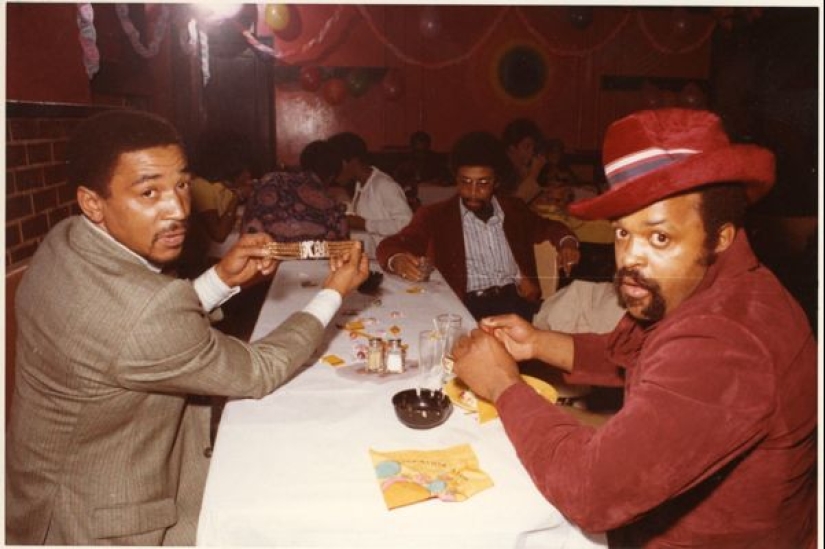
Joe Gallo never managed to get the dividends from his black student. On April 7, 1972, a little over a year after his release from prison, he celebrated his 43rd birthday. At 4 a.m., he and a group went to Umberto's Clam House restaurant on Mulbury Street in Little Italy, where he was shot. This was in response to an assassination attempt on mafia boss Joe Columbo, which was organized by Gallo. The performer was a small-time black thief and pimp Jerome Johnson, who was shot by Colombo guards.
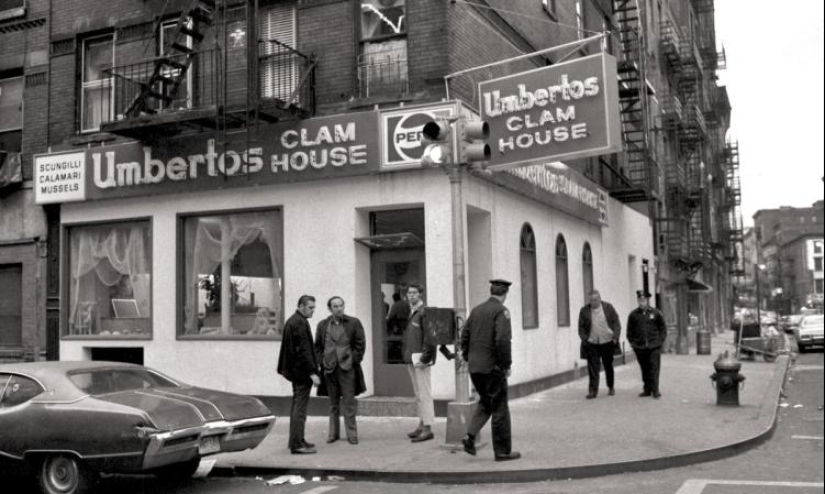
In 1974, thanks to the "Council", the "Harlem Week" starts in New York, a cultural event that has been held annually since then. The "Council" distributed turkeys on Thanksgiving, congratulated children on Christmas, helped orphans and single mothers. With one hand they kind of helped the locals and their neighborhood, and with the other they killed them and drove Harlem into ruins more and more.
In 1963, only 3% of black men living in the United States used heroin. In 1972, there were 20% of them. According to a Columbia University study, in the late sixties, a third of the residents of every East Harlem neighborhood were heroin addicts. According to research, from 15 to 20% of American soldiers used heroin while serving in Vietnam. Upon returning home, their number only increased. This was facilitated by the stress experienced during the war, the post-war syndrome, the lack of rehabilitation programs and the economic situation in the former large industrial centers that embarked on the rails of deindustrialization.
In the four years from 1970 to 1974, the number of heroin addicts doubled: from 700 thousand to 1.42 million. All this led to a huge increase in crime, numerous deaths and the destruction of the lives of millions of Americans. New York has become the leader in the number of drug-related problems. This, too, was a considerable merit of Barnes.
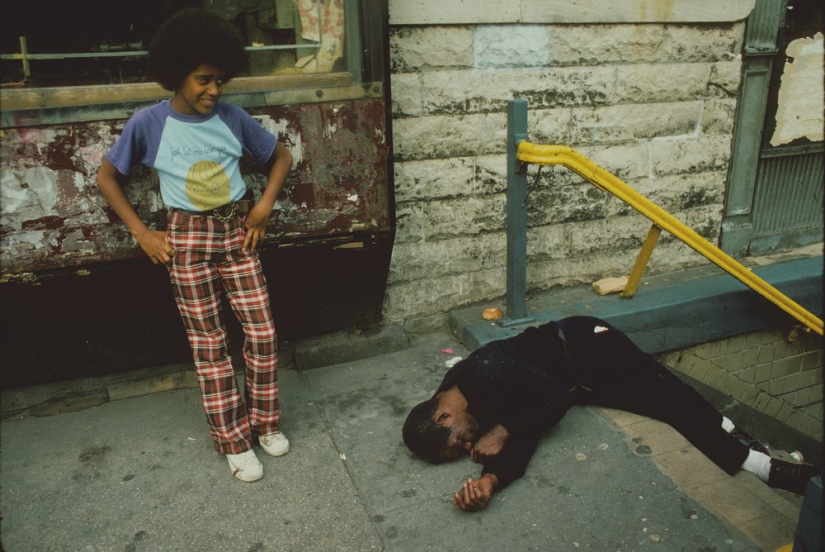
The worst thing is that the state had no idea what to do with this sudden problem. The answer was tightening the screws. With the filing of the then governor of the state, Nelson Rockefeller, the toughest anti-drug laws in the country were introduced in New York. For selling two ounces (57 g) of heroin, cocaine, morphine, opium and marijuana or storing four ounces (113 g) of the same narcotic substances, imprisonment for a term of 15 to 25 years was imposed. The measures taken could not be called effective, and the number of drug addicts only grew every year.
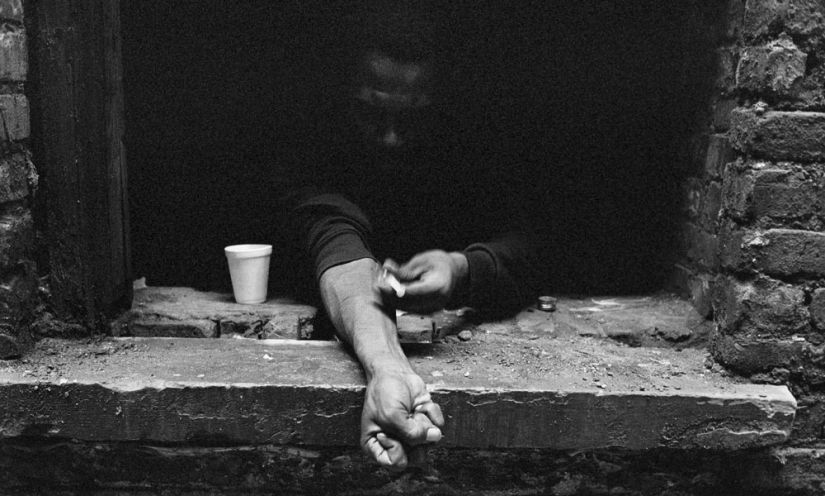
By 1976, Barnes was selling drugs far beyond Harlem. Its market was the entire state of New York, neighboring Pennsylvania and even Canada. He had seven deputies under his command, each of whom controlled a dozen mid-level dealers, each of whom, in turn, managed at least 40 street vendors. In total, an entire army consisting of several thousand people participated in the process of selling heroin.
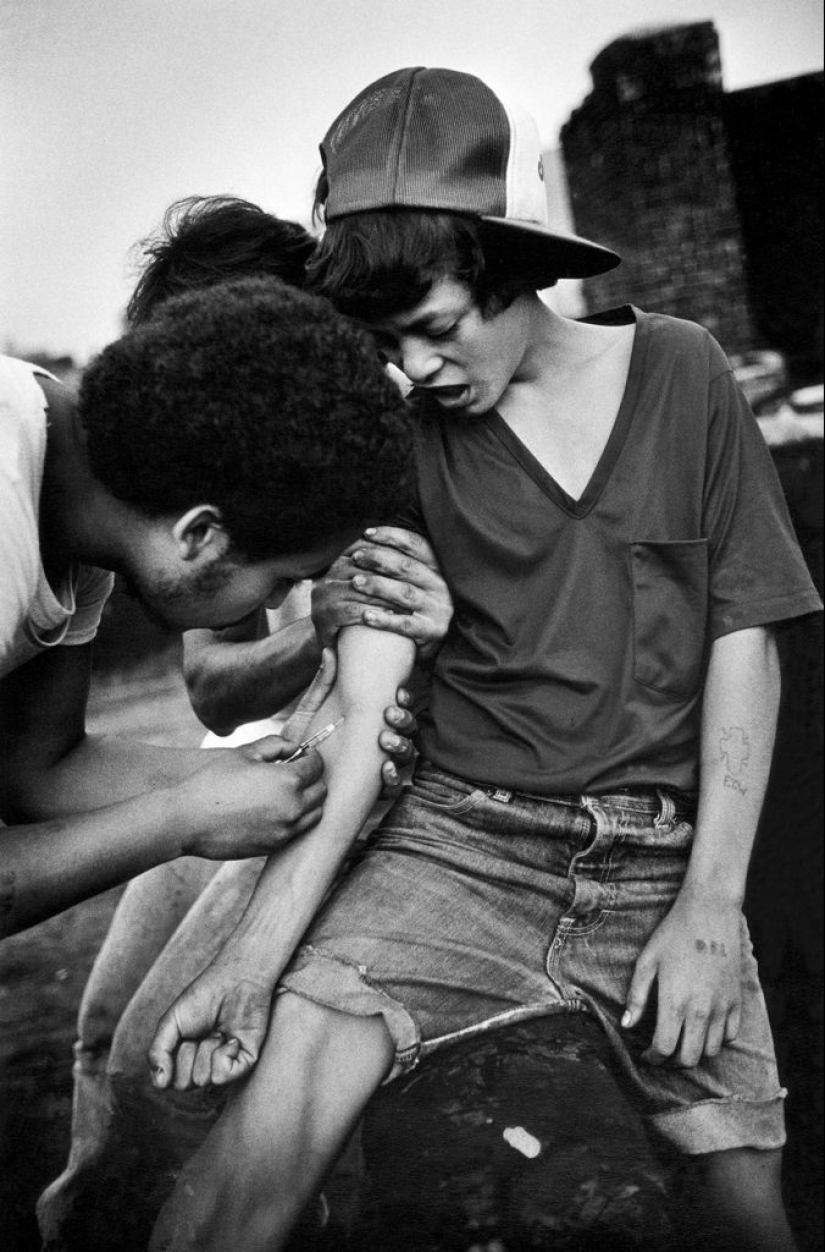
Barnes himself led a luxurious lifestyle, regularly visited the best nightclubs in the city and, in addition to his wife, had several mistresses. He liked to dress flashily and expensively. His wardrobe consisted of 300 tailored suits, 50 leather coats and 100 pairs of shoes.
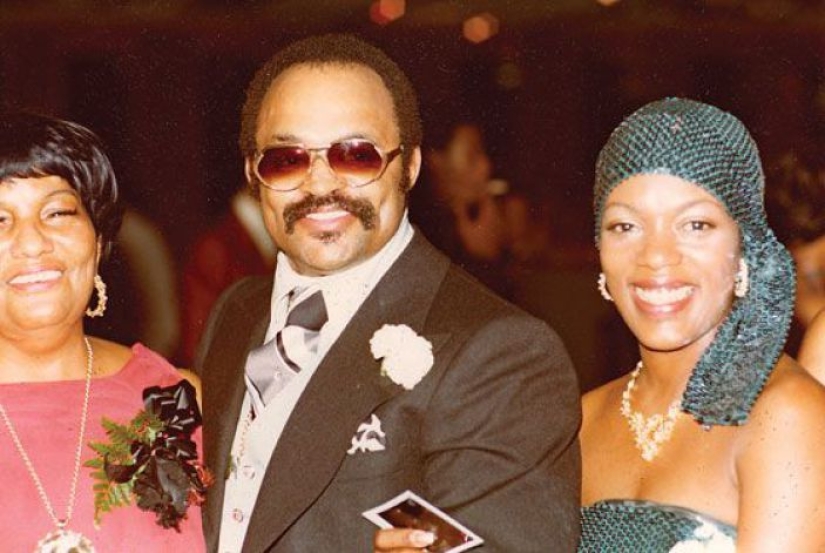
Barnes owned a fleet of expensive cars. In his garage were a Bentley, a rather exotic Citroen SM for New York, a Maserati, a Mercedes Benz 300 SEL, a Lincoln Continental, several Cadillacs and even a yellow Volvo. In order to exclude the possibility of their confiscation by the authorities, he created a whole network of fictitious companies that allegedly leased them to him for a long-term lease (liz). At the peak of his career, his fortune was estimated at at least $ 50 million.
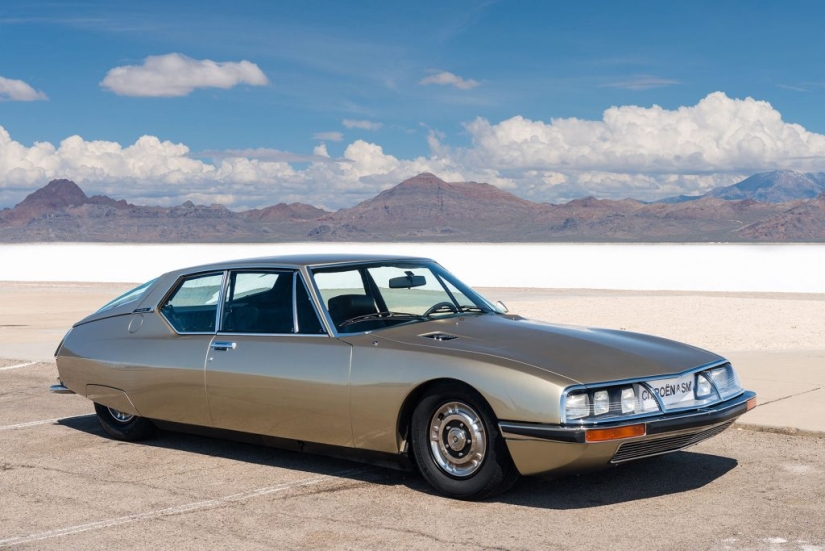
Barnes got the nickname Untouchable for the fact that for a long time he managed to get out of the most difficult situations related to the law. Barnes himself was not involved in distribution, and it was difficult to attract him for drug trafficking. He paid great attention to business security (any talk about drugs was banned), had no external contacts, paid for the services of an expensive and very good lawyer, actively legalized his income and at some point decided that he could get away with it. The peak of his career was an article in the New York Times, with which we started this post.
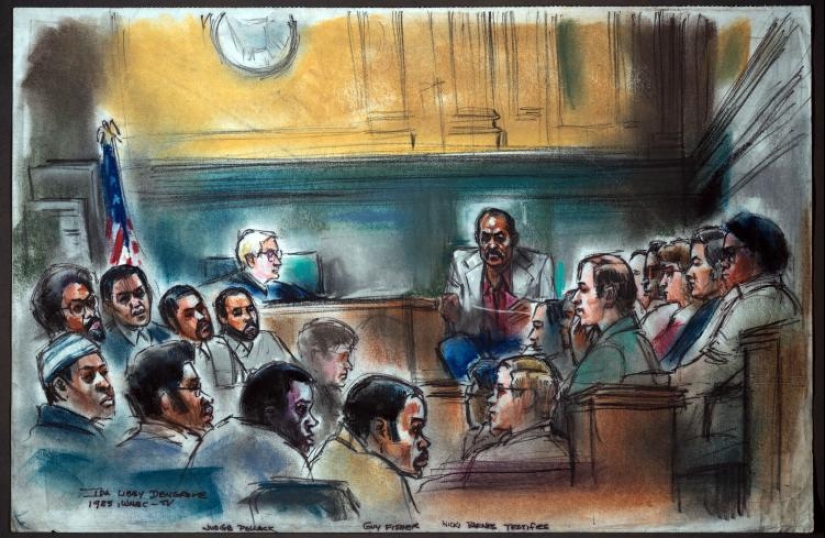
The audacity with which he posed for the article impressed President Carter himself, and he gave a personal order to the US Attorney General to take all measures to put the brazen drug dealer behind bars. The state machine turned on full power, and soon Barnes was arrested, convicted and in 1978 received a life sentence without the possibility of early release. In order to avoid any pressure on justice and for the personal safety of the participants in the trial, the decision was made by the first anonymous jury in American history. The names, places of residence and occupation of the jurors remained secret. Barnes still believes that if the federal authorities had not taken over him, he would have won any case.
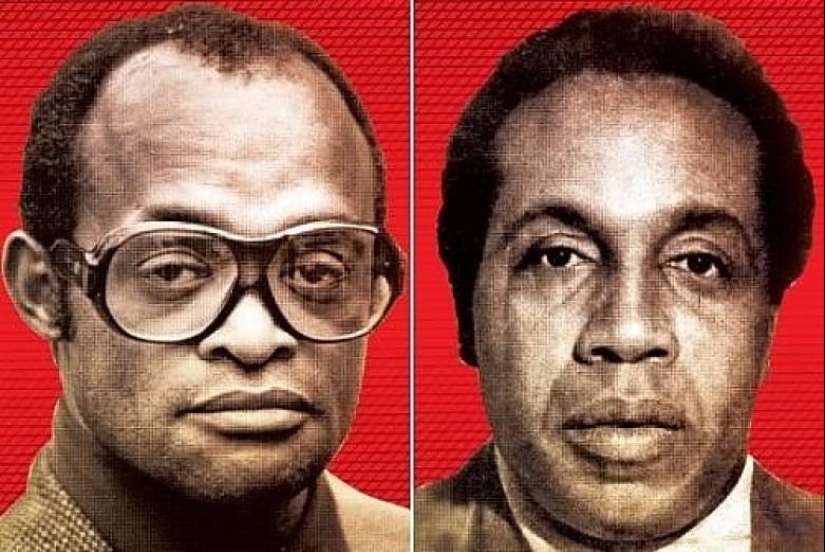
In the early 80s, crack replaced heroin: a cheaper, faster addictive and more profitable drug for sellers. It was followed by a redistribution of the market, as a result of which the business of the "Council" began to crack at the seams. Guy Fisher took the place of the head, who decided that since Barnes would never be released, he could simply delete him from life. He stopped caring for his family, stopped paying for the services of a lawyer, and also began sleeping with Barnes' mistress. The latter hurt Nicky Barnes especially, and he decided to take revenge on his former accomplices.
Barnes called then-New York prosecutor Rudolph Giuliani and agreed to become an informant in exchange for a reduced sentence and protection under the witness program. He provided the authorities with a list of 109 names of people involved in drug trafficking. Among them were five members of the "Council", including Guy Fisher and Barnes' wife. Thanks to a deal with Giuliani, Barnes was released in 1998. Since then, he has been living in an unknown place and is under the protection of the authorities. In 2007, his memoirs and a documentary based on them were published, which is called "Mr. Untouchable". The film can be found on the Internet if desired.
Recent articles

Markus Reugels is an incredibly talented German photographer who specializes in high-speed and macro photography. His photographs ...

Learn unusual and interesting facts about our planet and the creatures that inhabit it! -- >Ants, when dying, emit special ...

The Japanese craftswoman has honed her skills in working with wool so much that now her crafts - felted animal figurines - look as ...